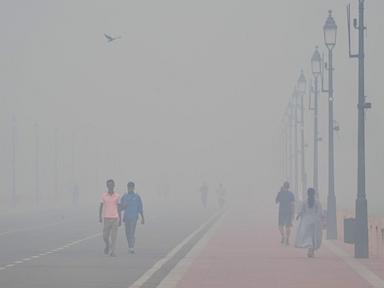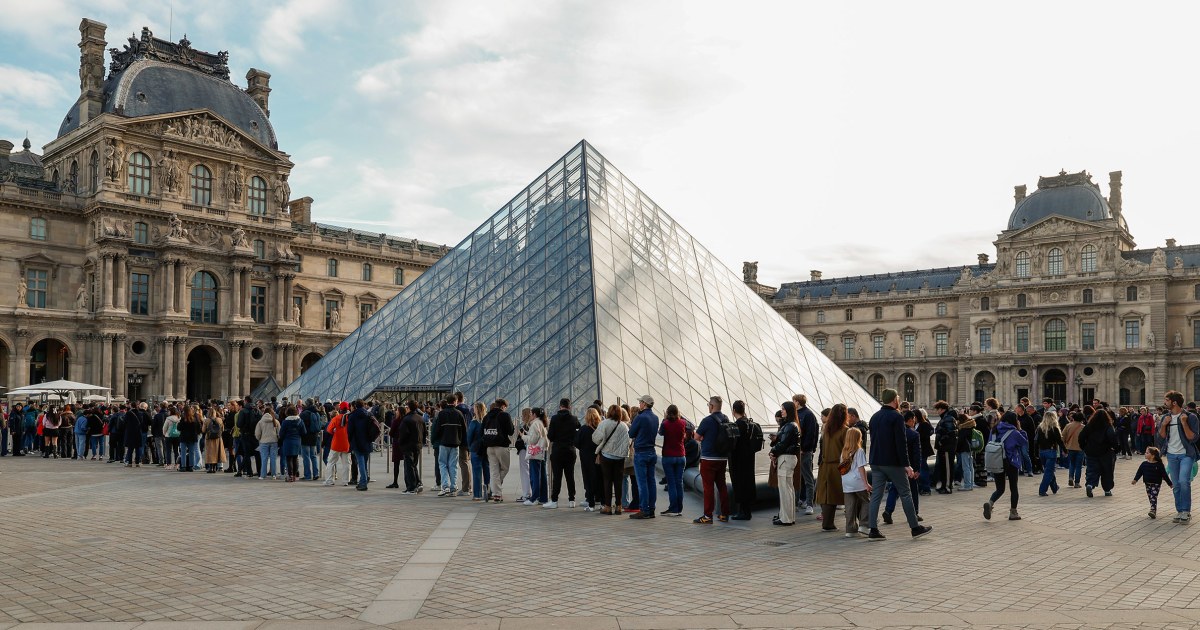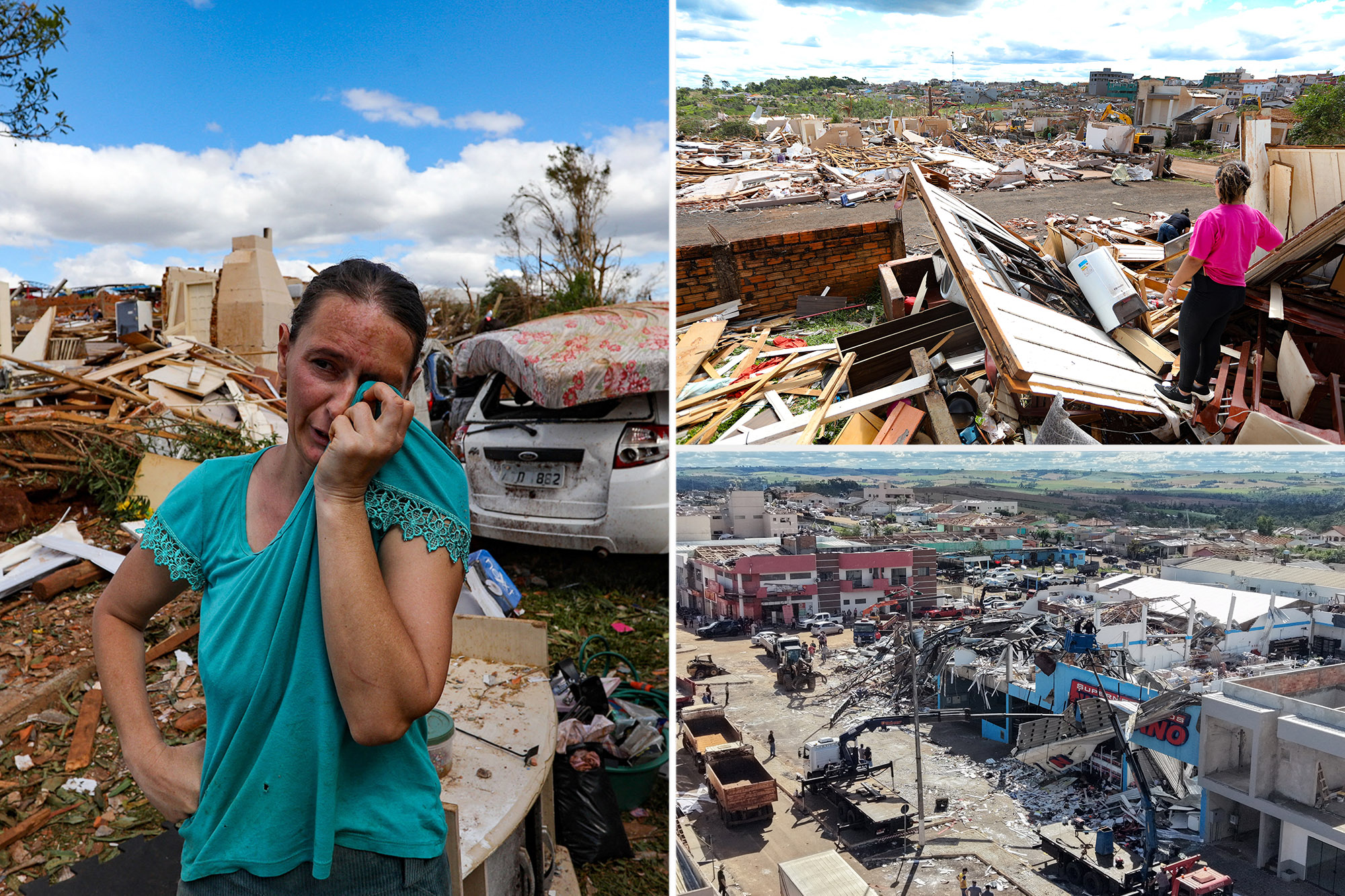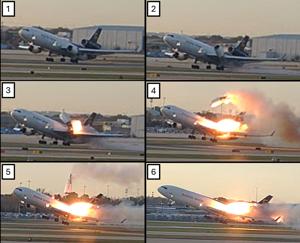New Delhi is grappling with hazardous air quality levels following the Diwali celebrations, which featured extensive fireworks usage. On Tuesday, October 24, 2023, the city’s air pollution levels surged alarmingly, with the Air Quality Index (AQI) surpassing 350 in several neighborhoods. This figure is classified as “severe” and poses serious health risks, according to guidelines established by the World Health Organization.
The celebration of Diwali, a significant Hindu festival, saw millions of revelers setting off firecrackers late into Monday night. The resulting smoke and fine particulate matter combined with existing seasonal pollution and stagnant weather conditions, creating a thick smog that enveloped the city. Visibility diminished drastically in areas across New Delhi, prompting concern among residents and visitors alike. “I have never seen anything like this before. We can’t see anything here because of pollution,” remarked Vedant Pachkande, a tourist visiting the capital.
Government Response and Legal Context
In response to the persistent pollution issues, India’s Supreme Court had recently modified a previous blanket ban on firecrackers, permitting limited use of “green firecrackers.” These products, developed by federal research institutes, are designed to emit approximately 30% fewer pollutants. The court allowed their use during specific hours from Saturday to Tuesday, but enforcement has proven challenging, as many people continued to disregard the guidelines.
New Delhi, along with its metropolitan area, is home to over 30 million residents and consistently ranks among the world’s most polluted cities, particularly during the winter months. The combination of Diwali fireworks and smoke from agricultural burning in surrounding states exacerbates the situation. Local authorities have implemented measures to combat pollution, including restrictions on construction activities and limitations on diesel generators. Despite these initiatives, environmental advocates argue that long-term solutions are imperative. They call for a shift toward cleaner energy sources and stricter vehicle emission regulations to adequately address the annual crisis.
Impact of Pollution on Environment and Health
The health implications of such severe air quality are profound. A recent study published in the journal Scientific Reports highlights that rising pollution levels are contributing to a decline in sunshine hours across much of India. Researchers, including Manoj K. Srivastava from Banaras Hindu University, found a direct correlation between increased aerosols from industrial activities, biomass burning, and vehicle emissions. “We see a greater impact in more polluted regions such as northern India,” Srivastava noted.
The reduction in sunlight not only has implications for solar energy generation but also affects agricultural productivity and overall public health. As New Delhi continues to contend with the fallout from Diwali celebrations, the need for comprehensive and sustainable environmental policies becomes ever more critical.







